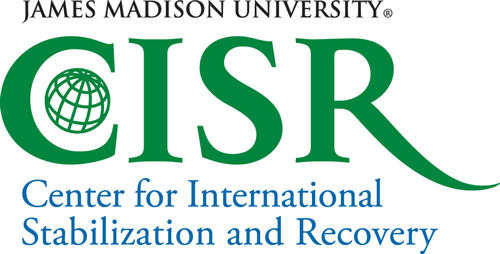Document Type
Presented Paper
Publication Date
1999
Abstract
The demand for a centralized lessons learned database has made it clear that there is value in consolidating the experience derived from the numerous de-mining missions by a variety of teams in a variety of countries. Consequently, the James Madison University Mine Action Information Center developed a methodology for collecting, validating, and distributing lessons-learned within the mine action community.
In order to develop this lessons-learned system, individuals involved in the wide spectrum of activities (victim assistance, mine clearance, survey, mine awareness, etc.) and belonging to the myriad agencies (NGOs, military demining, United Nations, MACs, etc.) related to the field of mine action were contacted and interviewed individually, and at two international conferences. Finally, the current state of lessons-learned within the community was analyzed, a Needs Assessment was performed, key stakeholders were identified, and a working model was developed.
The current state of lessons-learned activities within the mine action community can be summarized in several key points:
- The current method utilizes informal, isolated information sharing practices.
- Lessons-learned exist in a variety of long, narrative reports and individual experiences.
- Lessons-learned are rarely validated through formal procedures.
- Much of the lessons-learned are generated and shared exclusively within the operations level.
- Different organizational levels have different “lessons-learned requirements.”
- There are many weaknesses in the current system, particularly; limited fields access to lessons-learned information and the lack of standardized information.
- There are several strengths including an abundance of information and large horizontal information flows at the operations level.
Recommended Citation
CISR, "Developing and Integrating a Lessons Learned Methodology for Humanitarian Mine Action" (1999). CISR Studies and Reports. 10.
https://commons.lib.jmu.edu/cisr-studiesreports/10



